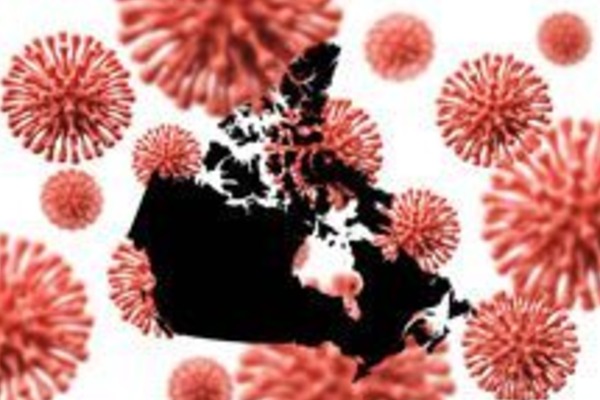Laying The Foundations For Recovery

Canada’s ministers of tourism were hosted by the honourable Mélanie Joly and the honourable Caroline Wawzonek — Co-Chairs of the Canadian Council of Tourism Ministers (CCTM) – for a virtual meeting designed to continue the dialogue and collaboration that has taken place amongst the CCTM since the beginning of the COVID-19 crisis.
New Brunswick was not able to attend the meeting due to the provincial election being held in the province.
The ministers recognized that the travel and tourism sector is one of the most heavily impacted sectors by the COVID-19 pandemic.
According to Destination Canada, tourism-related spending in 2020 is expected to be 43% to 61% lower than in 2019.
As well, ministers were further briefed on the economic outlook and challenges facing tourism businesses from partners, including the Tourism Industry Association of Canada, the Indigenous Tourism Association of Canada, and Destination Canada.
The ministers also welcomed the recent appointment of Marsha Walden as president and CEO of Destination Canada and expressed their enthusiasm in continuing to work with the organization under her leadership.
And they recognized the federal supports currently in place to provide immediate relief to the tourism sector, including the Regional Relief and Recovery Fund (RRRF), the Canada Emergency Wage Subsidy (CEWS), the Canada Emergency Business Account (CEBA) and the Canada Emergency Response Benefit (CERB).
They also equally recognized the range of measures and programs that the provinces and territories have undertaken in order to support each of their tourism sectors.
Ministers recognized the important work of provincial and territorial public health officials. They are pleased to see that the situation allows for a gradual recovery of the Canadian economy.
As Canada enters a re-emergence phase with the return of domestic tourism, Ministers encourage Canadians to discover their own backyard in ways that respect the health guidelines that are in effect across the various Canadian jurisdictions.
Though ministers will continue to promote safe travel, there was recognition that the considerable uncertainty associated with the pandemic will continue to dampen structural demand for the tourism sector for some time.
As the industry adapts to the changes brought on by the pandemic, ministers discussed how best to position Canadian destinations for the eventual return of the international tourism market, including on issues related to industry competitiveness and approaches to preserving Canadian strategic advantages for a successful recovery phase.
In this regard, CCTM members strongly endorsed the role of tourism as a key driver of inclusive community development and contributor to community resiliency, empowerment, economic development, and economic recovery.
The ministers reaffirmed the critical role that Indigenous tourism can play to help achieve these aims.
And the ministers committed to remaining in regular contact and to working together to support the sector’s re-emergence and to enable safe tourism activity in the remainder of 2020 and into 2021.
Finally, ministers thanked the government of the Northwest Territories for concluding a successful term as Co-Chair of the CCTM, and welcomed the government of Québec as the incoming Co-Chair.
Tags:


